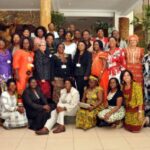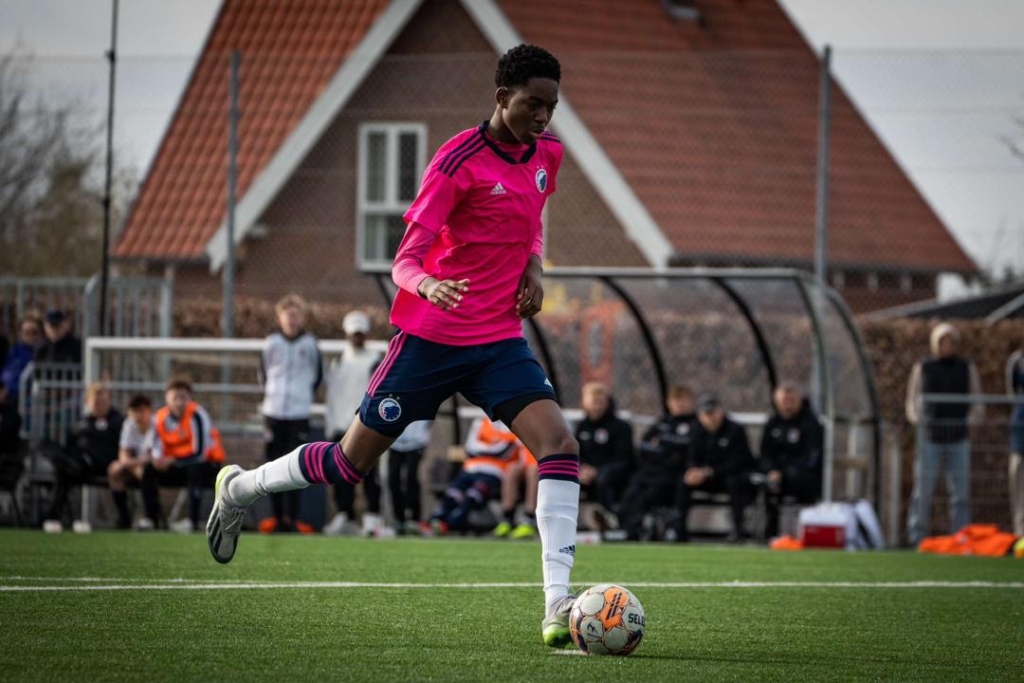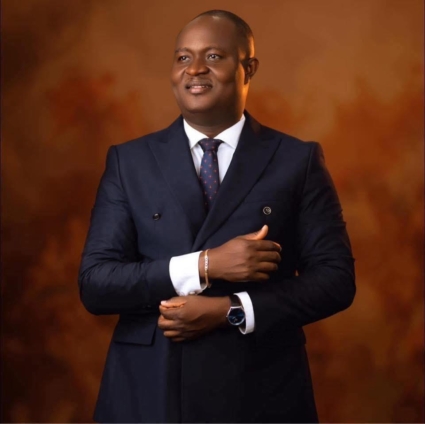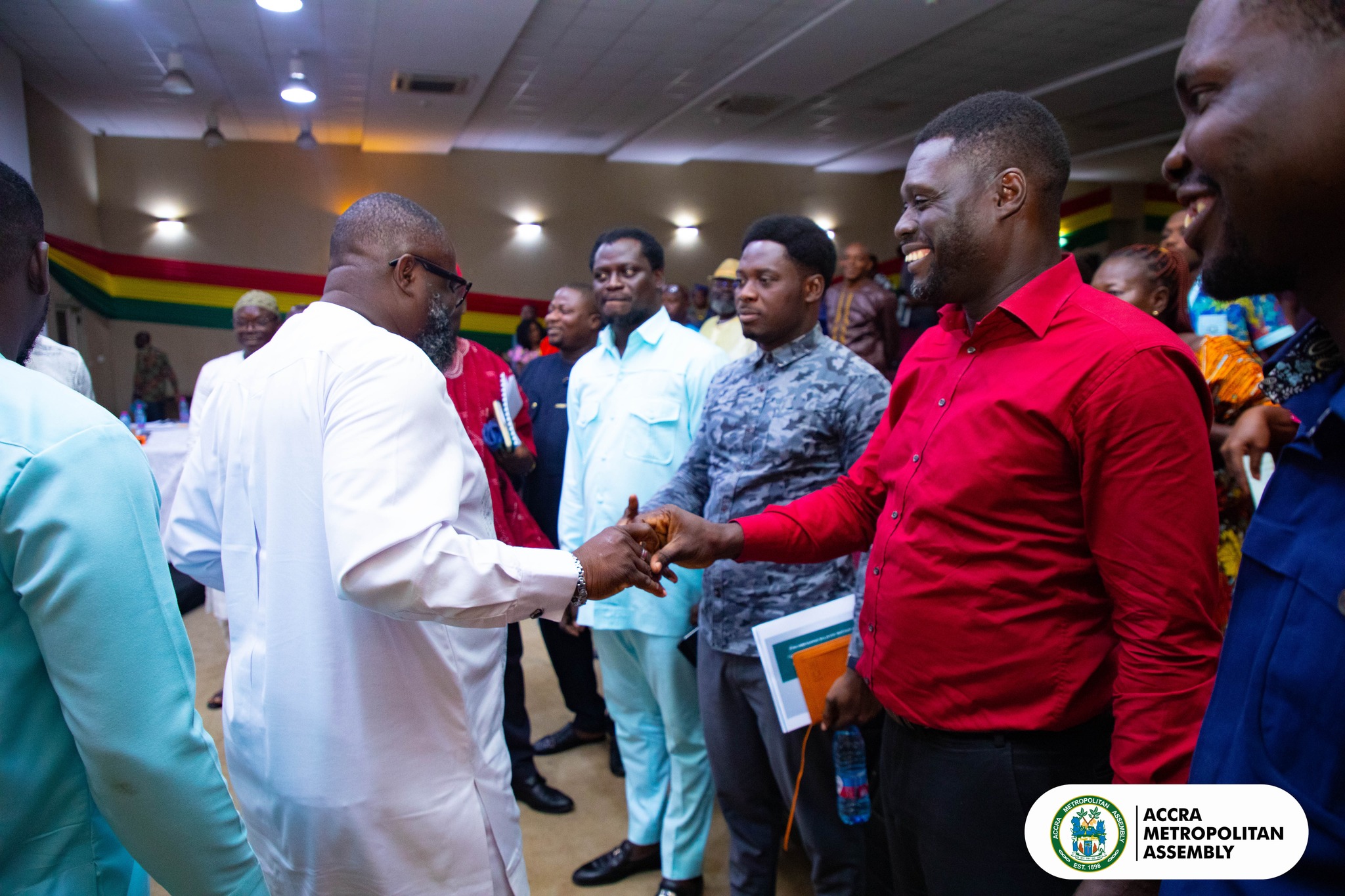Accra, July 1, GNA – Nana Aboagyewaa Asiedu Atuahene, Nkosuohema of Akyem Apedewa on Thursday said women’s leadership in national affairs has the potential to become a pivotal force for deepening democratic governance in the country.
She said many women leaders had the skills, knowledge and the ability to make useful contributions to the socio-economic development of the state.
Nana Atuahene was speaking in Accra at the eighth William Ofori Atta Centenary lecture on the topic: 93Women and Traditional Leadership in Modern Governance in Ghana”.
She said with political independence and decolonization, the country had undergone profound changes with women leadership phasing through necessary modifications to make it more relevant to address current challenges.
“Some of these changes may contradict with long held beliefs and values, thereby creating tension between tradition and modernity. With time these may dissipate and give way to a more consensual atmosphere,” she said.
She said in the past women had no place and their voices, experiences and ideas were given no significant consideration, adding that the traditional governance and leadership structures were male-dominated even when women were positioned as heads.
Nana Atuahene noted that women constituted the majority of the country’s population and played an essential role in the economy, but in spite of the numerical advantage and the significant contribution they made, they had little or no access to key development resources.
She suggested that women traditional leaders needed to be properly capacitated to better respond to issues of economic opportunities, gender based violence, conflict resolution and communication advocacy among other issues.
She called for research on customary law and the role of women in Ghanaian culture and evidence based solutions for the measuring and evaluation of programmes.
Nana Atuahene recommended for local assemblies to liaise and develop cordial relations with traditional authorities to enhance the governance process.
She noted that with increasing modernization the functions of women traditional leaders could be transformed and integrated into existing local government or limited advisory capacities.
Professor Irene Odotei, Lecturer, University of Ghana, speaking on the topic, 93Traditional Leadership in Modern Ghana: The Historical Perspectives” said colonial rule drastically transformed the chieftaincy institution by altering the legitimacy and jurisdiction of chiefs.
She said in addition to curtailing the powers of chiefs in civil and criminal matters in their area of jurisdiction, the decision of chiefs and their native tribunals were also subjected to appeal to the British courts hence making the latter more superior.
She said although colonial rule altered the chieftaincy institution the problem should not be attributed to colonialism alone but also some post-colonial governments, chiefs, their elders and subjects.
Source: GhanaWeb












